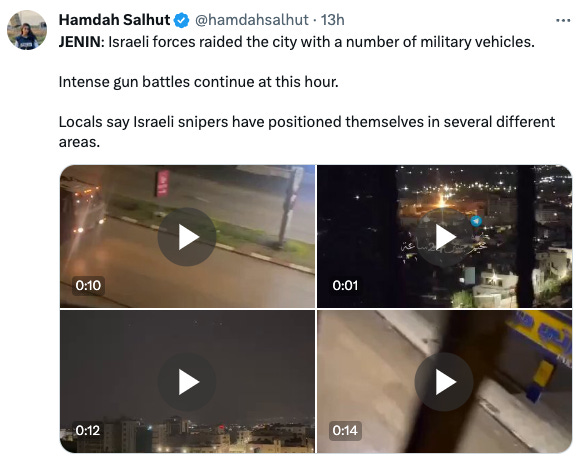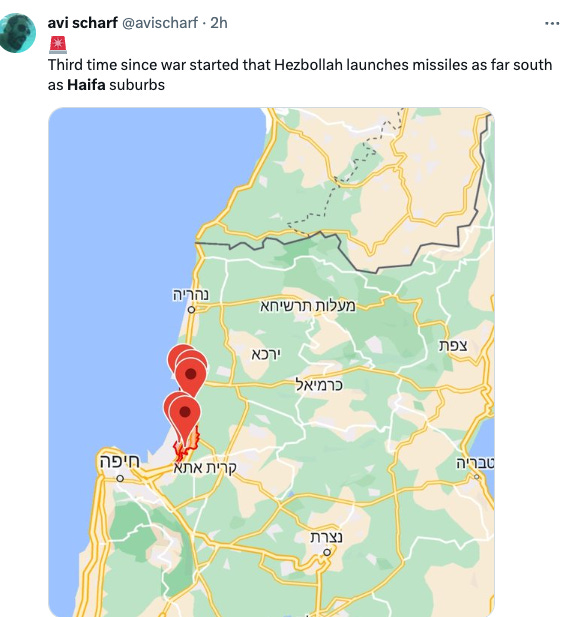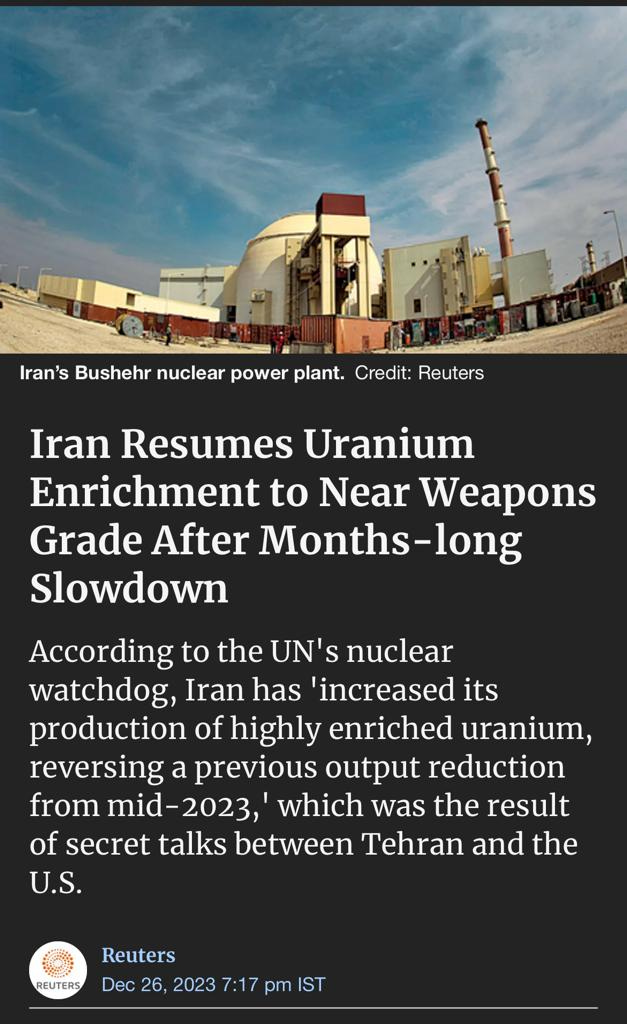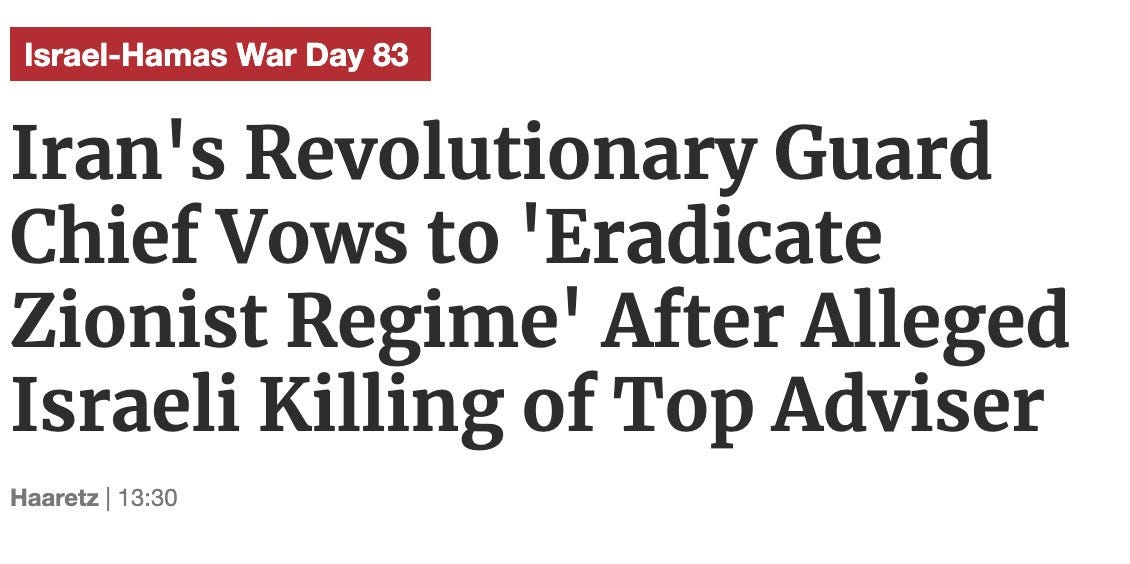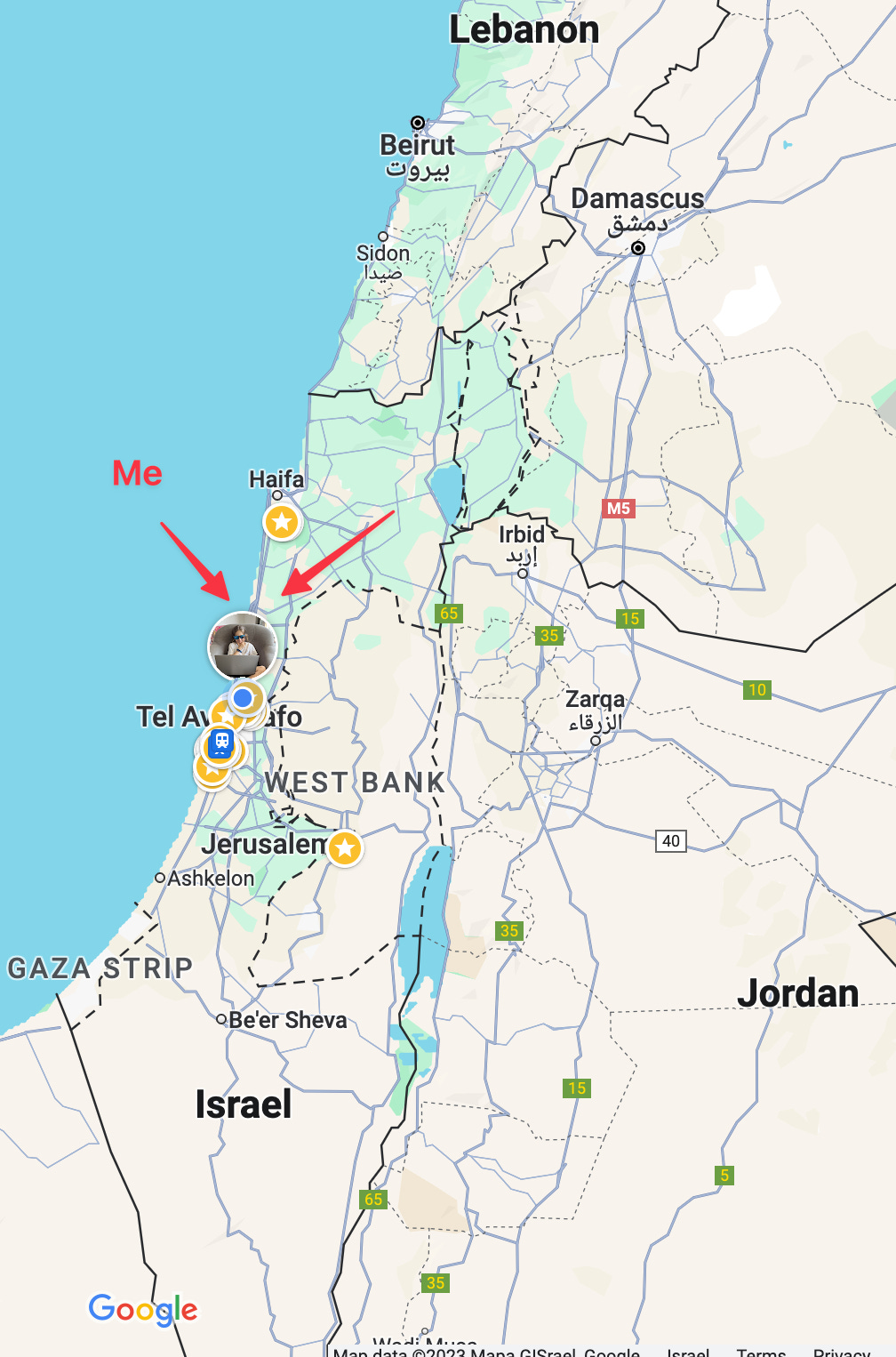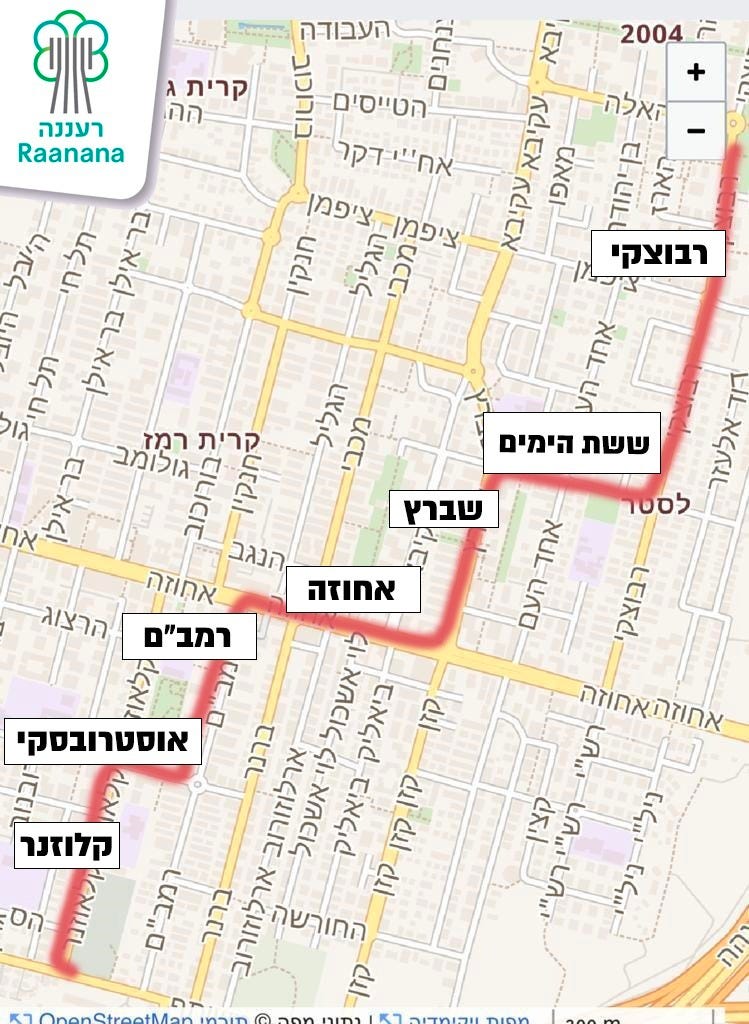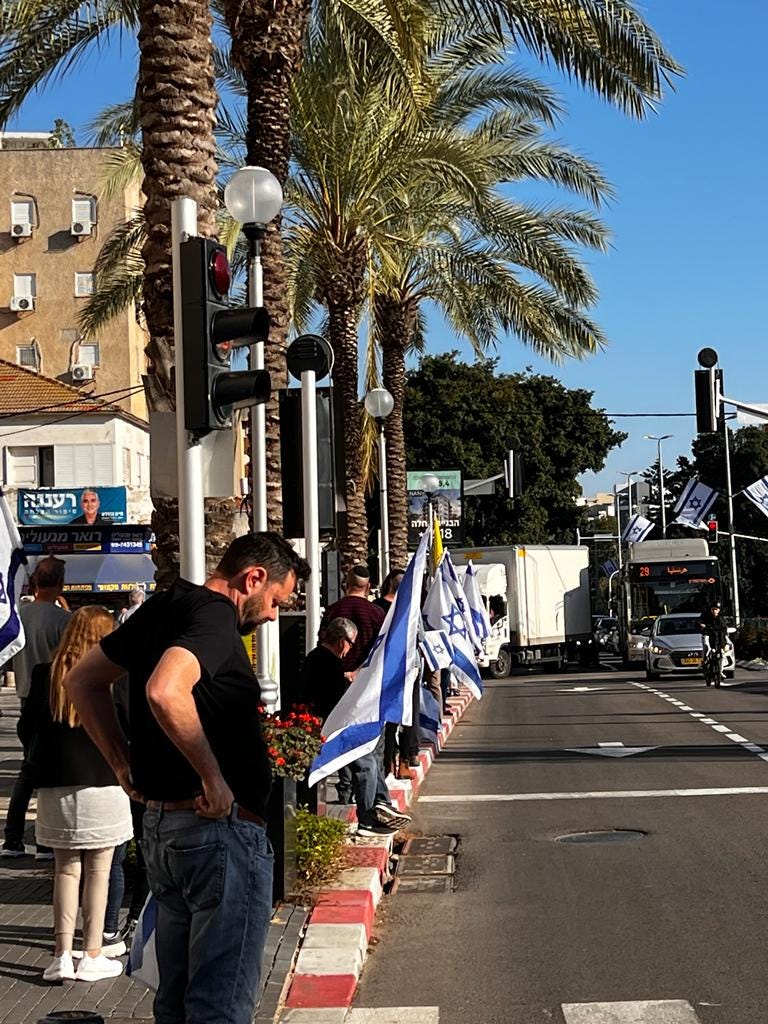Dear War Diary, Things Could Always Be Worse, Right?
It's Day 83. I am trying to be more optimistic.
Every morning we wake up to how many soldiers were killed while we tried our best to sleep. Is it anyone we know? There are so many parents not sleeping at nights, on Day 83 of this war.
But things could be worse, right? Our children are still younglings, they’re not fighting the enemy in Gaza. Or Jenin. Or Lebanon. Or somewhere near Yemen. We won’t have to lose sleep over not sleeping for around 6-7 years. That’s a relief.
Every morning at 06:00 the army “clears for publication” the names, ages, towns, division, brigade, and battalion of soldiers who “fell in battle” the day before.
Every morning there are at least 2-3 names. It’s been 2-3 for many days now. A regular morning bloodletting routine, just before first coffee and herd the kids out the bloody door so we won’t be late for school.
The Radio News Announcer says, “It has been Cleared for Publication that X, XX years old, from X, who served as a Y in the X Division, XY Brigade, XYZ Battalion, “fell in battle” on X.XX.2023.
“It has been cleared for publication…fell in battle…may his/her memory be a blessing.”
But things could always be worse, right? It was somewhere between Day 57 and 66 that we woke up to the names of 10 soldiers killed in Gaza.
I was in Tel Aviv 21 years ago when 13 soldiers fell into an ambush in Jenin. Already during the day there were rumors that something bad had happened. “Have you heard?” Whispers. Office music was dialed down or switched off. Radio stations suddenly more solemn. Radio reporters were speaking differently, more solemn, slower. Early next morning “it was cleared for publication that 13….fell in battle…in Jenin…may their memories be a blessing.”
Fast forward 21 years and there are currently many 21-year-old Israeli soldiers in Jenin. One generation after another, on both sides of this.
But, again, things could always be worse.
We haven’t really started the serious fighting in Lebanon yet.
Still, things could always be worse, right?
/////////////
I live in Ra’anana, a mid-size town in the Sharon region, Central District.
For most of this war we’ve been relatively safe. There have been sirens and rockets and booms overhead, and it has been scary. But it could be worse.
We could be living in the South near Gaza, or in the North near Lebanon. Hundreds of thousands of Israelis from those areas have been evacuated —the sanitized term is “internally displaced”. Refugees in a land of refugees.
But, things could always be worse, right? We could be Gazans.
////////
Two soldiers from my town fell in battle in Gaza this week. Last week there was another. Every time this happens the Municipal WhatsApp group sends out their names, which schools they graduated from, and the route their coffin bearers will take from the family’s home to the military cemetery.
Many of the city’s residents line the streets with flags to show gratitude and respect.
But things could be worse: the residents could decide not show up. The families could be driving to the military cemetery on their own. People could stop caring.
I know how many dead soldiers fell in Gaza the day before the news is released for publication in Israel, because I see Hamas’ body-cam battle videos on Telegram/X.
Hamas has a template for these videos: annotations, martial music, video game sound effects, explosions, freeze-frames, rewinds, loops, close-ups, you name it. They’re slick with their snuff. They glorify the killing of Israeli soldiers. It’s part of their honor system, to humiliate their enemy. Engagement. Reactions. Reposts. TikTok terrorists.
Israel has a different video vibe. Here’s a moving portrait of an underground Hamas tunnel under Gaza City, blowing up. Courtesy of the Israeli army’s Combat Engineering Corps. You can see the tunnel’s shape. A whole underground boulevard of broken dreams.
Still, things could always be worse, right?
One of these days the combat engineers will happen upon specific tunnels, deep in southern Gaza, where Hamas’ leaders are holed up, and who have surrounded themselves with some of the 130 Israeli hostages taken on Oct 7 as human shields. When the time comes to deal with those tunnels, there will be difficult scenes.
I don’t see how things could get any worse then.
///////
I’m annoyed at CNN’s framing of this.
I understand that it’s technically factually correct to write “Israel’s war in Gaza” but it’s far from the more technically factually correct “Israel’s war against Iran’s proxy Hamas in Gaza”. I would rewrite it as: Iran’s proxies are escalating attacks on US troops and commercial shipping, causing new concerns of a regional conflagration with grave political and economic consequences, on top of Israel’s war against Iran’s Gaza proxy Hamas.
///////


